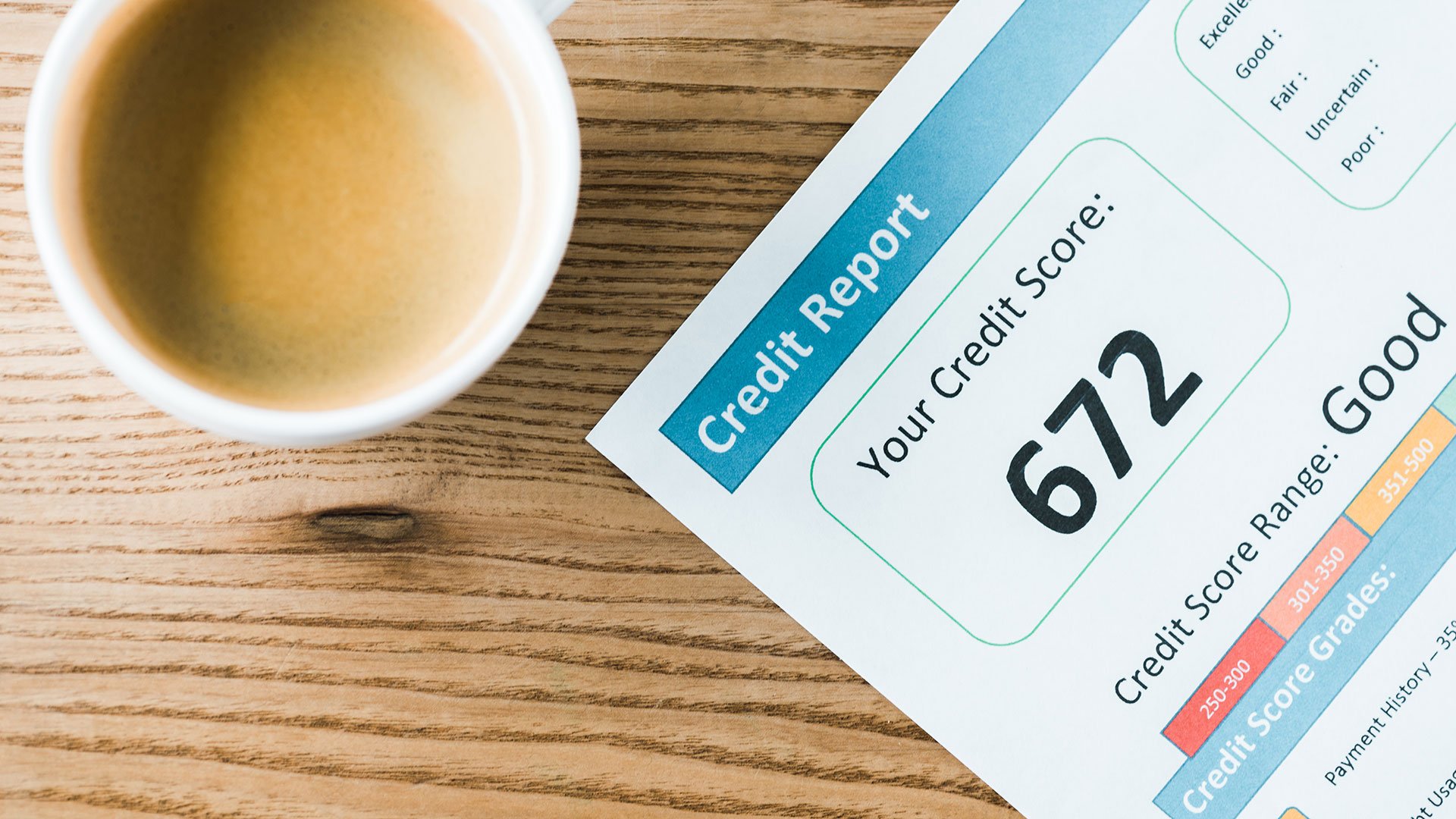

The Debt Free Guys Answer Credit Score FAQs

Q&A with Organizational Pro Peter Walsh + Dermatologist Shares A…

Actor Hank Azaria + Freezer Meals + Artichokes 2 Ways with Rach

See Inside Barbara Corcoran's Stunning NY Apartment + It's Steak…

How to Make Chicken and Lobster Piccata | Richard Blais

Donnie Wahlberg Spills Details About NKOTB's First Ever Conventi…

Donnie Wahlberg + Jenny McCarthy Say Rach Is Such a "Joy" + Look…

The Best Moments From 17 Seasons of the Show Will Make You Laugh…

How to Make Crabby Carbonara | Rachael Ray

Rach Chats "Firsts" In Flashback From Our First Episode Ever In …

How to Make Apple-Cider Braised Pork Chop Sandwiches with Onion …

Rach's Chef Pals Say Goodbye to Show in Surprise Video Message

How to Make Sesame Cookies | Buddy Valastro

How to Make Tortilla with Potatoes, Piquillo Peppers and Mancheg…

How to Make Shrimp Burgers | Jacques Pepin

How to Make Spanakopipasta | Rachael Ray

Andrew McCarthy Chokes Up Discussing Emotional Trip to Spain wit…

Celebrity Guests Send Farewell Messages After 17 Seasons of the …

Celebrity Guests Send Farewell Messages After 17 Seasons of the …

Andrew McCarthy Teases Upcoming "Brat Pack" Reunion Special

Michelle Obama Toasts Rach's 17 Years on the Air With a Heartfel…
After paying off their own debts of over $51,000, the Debt Free Guys and hosts of the "Queer Money" podcast, John and David, are sharing their tips on all things credit score related. After racking up her own debt, a viewer shares her questions and John and David provide their simple and accessible solutions to start making a change.
A viewer Ariel moved back home after college and quickly realized all the debt she was in, specifically with student loans and credit cards debt. Despite being able to pay off some of it, her credit score is still really low.
How can you bring your credit score back up?
"There are three big factors that affect your credit score—or the three most impactful—are your payment history, your credit utilization and then your credit history," David and John say.
1. Payment History
"For your payment history, we suggest putting at least one if not a few bills in your name, and then making sure you pay those bills off on time and in full every single month. And in about 3 to 6 months you'll start to see your credit score increase," says John.
2. Credit Utilization
"Credit utilization is the amount of your credit that you have available to you that you're actually using. In your case, you're using more than 50% of your available credit on your credit cards, which is going to drive your credit score down. You really want to try to get that to the 30% level. That is really going to help you improve your credit score quickly when you see that credit utilization lower," says David.
"Now, another strategy that you have available to you—but you only want to do this if you're fiscally ready to do so—is you can call your credit card companies and ask them to increase your credit limit. That will also improve your credit utilization, but you want to make sure you're ready to do that, and you're not motivated or incented to increase the amount of debt that you have because you have more credit available to you," says John.
3. Credit History
Another thing that The Debt-Free Guys stress is the importance of automating payments. "Automating that payment portion, so that you are paying regularly on time every single month. If you are using your credit cards you're making sure you're paying those off. Give it about 6 months to a year of doing those, especially with those bills in your name, you're going to start to build up that credit history, that will help improve your credit score," David and John explain.
How often should you check your credit score?
"There are a lot of factors that come in that effect your credit score, and some people get really obsessed with the performance of their credit score from day to day. We suggest to the people in our course to not look at their credit score any more than say once a month," explains John.
How do you check your credit score?
"Keep in mind it's easier to get your credit score now more than ever. Most banks or credit unions will have it available on your account, and most credit cards will have it available to you as well as other institutions you can go to," says the Queer Money podcaster.


